Heat pumps, renowned for their energy-efficient heating and cooling capabilities, have become indispensable in homes and buildings seeking sustainable climate control solutions. These sophisticated systems are designed to provide year-round comfort by efficiently transferring heat from one location to another. However, like any complex appliance, heat pumps can occasionally develop issues that not only affect their performance but also lead to the emergence of perplexing odors.
In this extensive guide, we will embark on a comprehensive journey to unravel the mysteries of heat pump odors. Our aim is not only to identify the diverse causes behind these odors but also to provide informative and effective solutions for each scenario. By the end of this exploration, you will possess a profound understanding of heat pump odors, equipped with the knowledge needed to address them with confidence.
Unraveling the Complex Mechanisms of Heat Pumps
To effectively tackle the complexities of heat pump odors, it is imperative to grasp the fundamental principle operations of these versatile systems.
At its core, a heat pump serves as a remarkable device for heat transfer, capable of moving heat from one location to another to maintain desired indoor temperatures. During the colder months, it extracts heat from the outdoor air or ground and transports it indoors to provide warmth. Conversely, in the heat of summer, it reverses this process, expelling indoor heat outside to maintain a comfortable and cool indoor environment. A heat pump functions as a heat transfer device, essentially moving heat from one location to another to regulate indoor temperatures.

Common Causes of Heat Pump Odor
Now that we have a solid foundation in the mechanics of heat pumps, let’s delve deeper into the labyrinth of potential culprits responsible for the enigmatic odors emitted by these systems.
- Burning Smell
Description: A burning odor emanating from your heat pump can be particularly disconcerting. Typically, this smell is the result of overheating, often caused by a malfunctioning fan motor or a blocked air filter. Addressing this issue promptly is crucial to prevent further damage to the heat pump.
Solution: To resolve this issue, contact a professional HVAC technician to inspect and repair the fan motor or replace a clogged air filter. Routine maintenance can help prevent overheating in the future.
- Musty Smell
Description: The presence of a musty odor around your heat pump often indicates the growth of mold or mildew. This odor can be damp, earthy, or reminiscent of a basement.
Solution: Implement a consistent cleaning routine for your heat pump, including cleaning the evaporator and condenser coils. Adhere to a schedule for air filter replacement to prevent mold and mildew buildup.
- Rotten Egg Smell
Description: A rotten egg smell from the heat pump can be a sign of a gas leak. If you detect this smell, it is important to turn off the heat pump immediately and evacuate the building. Call a professional HVAC technician to inspect the heat pump and address any gas leaks.
Solution: Safety takes precedence. Prioritize evacuation and have a qualified technician address any potential gas leaks promptly. Regular gas leak checks and preventative maintenance are crucial to avoid such situations.
- Chemical Smell
Description: A chemical odor from your heat pump is often associated with refrigerant leaks. This odor can be harsh and irritating to the senses, sometimes resembling a faint scent of cleaning chemicals.
Solution: Call a certified HVAC technician to diagnose and repair refrigerant leaks safely and effectively. Routine refrigerant leak checks during maintenance can help prevent this issue.
- Sewage Smell
Description: A sewage-like odor surrounding your heat pump may indicate issues with the sewer line or septic tank. This odor can be foul and reminiscent of sewage or stagnant water.
Solution: Conduct a comprehensive inspection of the sewer line and septic tank for problems and maintain the heat pump drain line to mitigate sewage odors. Regular plumbing inspections can prevent this issue.
- Electrical Smell
Description: n electrical odor from your heat pump typically indicates issues with its electrical components. This smell can resemble the scent of burning wires or overheating electronics.
Solution: Contact a professional HVAC technician to diagnose and rectify any electrical problems within the heat pump. Regular electrical component checks can identify issues early on.

Effectively Addressing Heat Pump Odors: A Comprehensive Summary
Successfully addressing heat pump odors requires identifying the underlying cause and taking appropriate measures. While routine maintenance and cleaning can prevent many common odor-related issues, it’s crucial to emphasize the importance of seeking professional assistance when encountering unusual smells. An HVAC technician possesses the expertise and tools necessary to pinpoint and resolve heat pump odor issues, safeguarding both the appliance and indoor air quality.
In summary, timely action is the key to ensuring your heat pump continues to provide efficient heating and cooling for your home or building. By understanding these potential odor causes and solutions, you can maintain a comfortable and odor-free indoor environment while ensuring the longevity of your heat pump system.

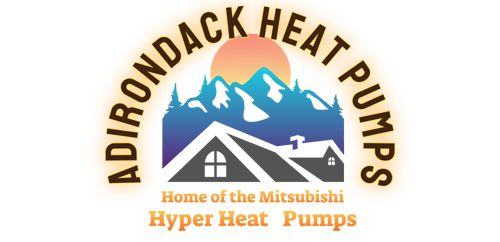
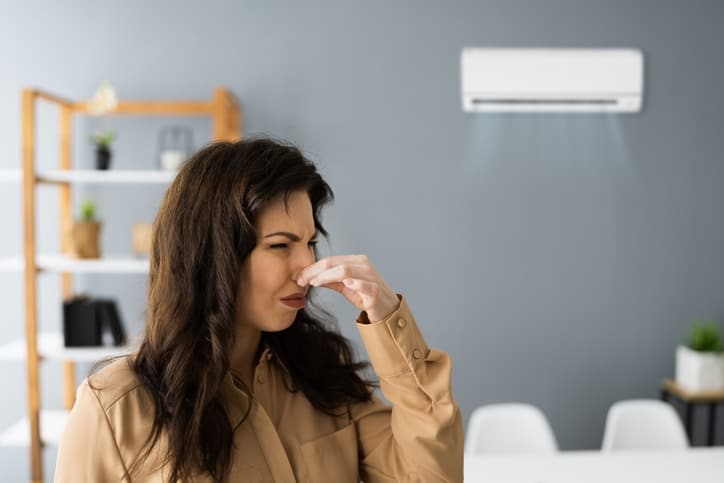
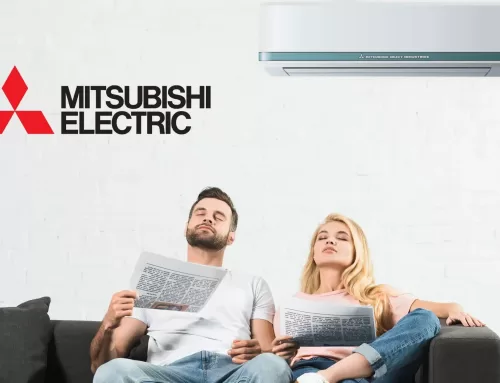

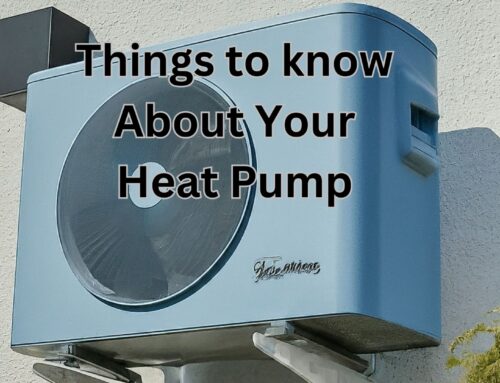
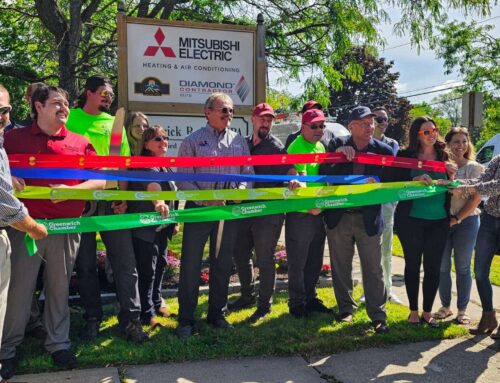
Leave A Comment